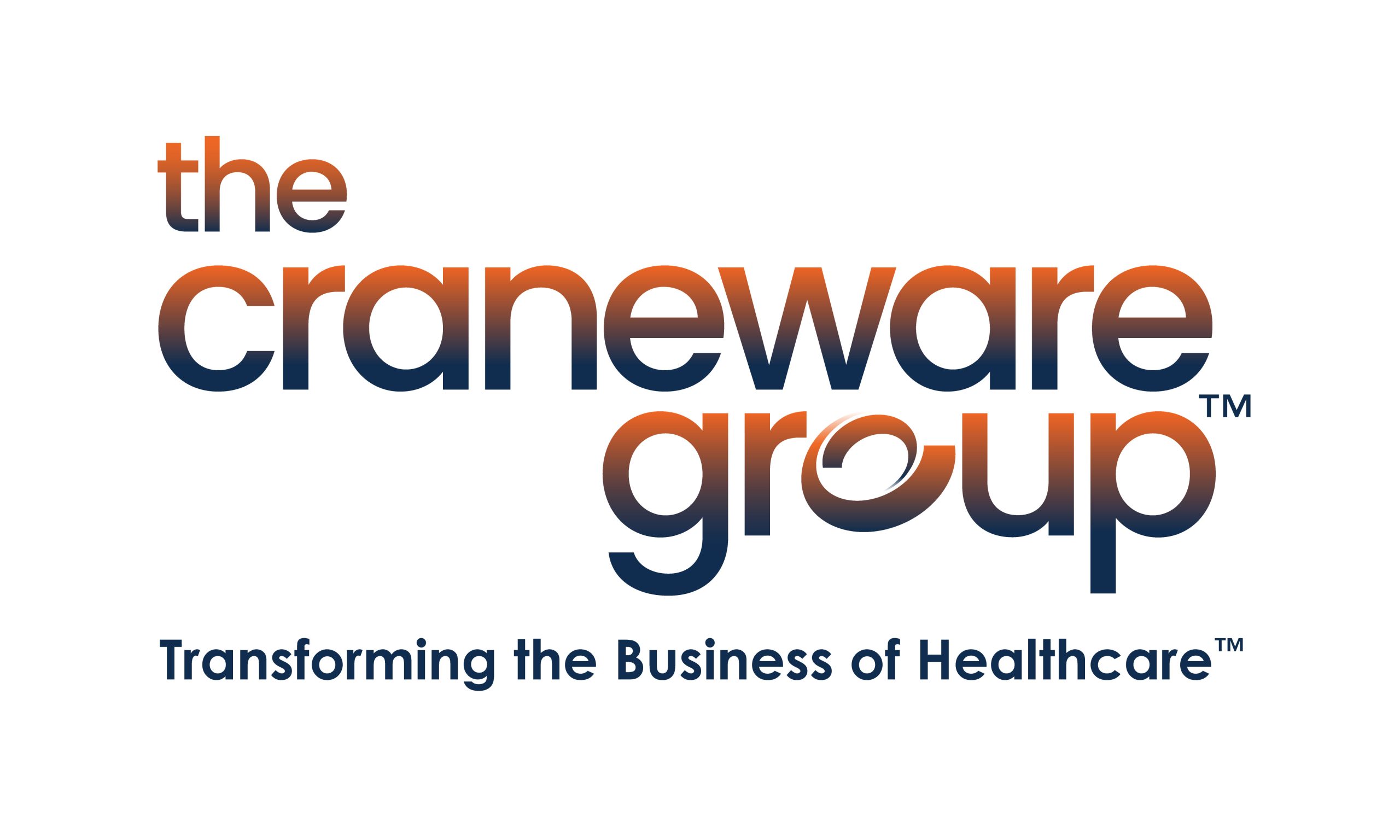In another one of his best-selling books, Built to Last, Jim Collins describes a BHAG, short for Big Hairy Audacious Goal. A BHAG is a long-term visionary goal that everyone can understand and rally behind – it’s a powerful mechanism to stimulate progress. Famous BHAGs include the New Deal, the Marshall Plan and Kennedy’s moonshot.
In 1992, Congress created a BHAG of its own. Lawmakers wanted to extend to safety-net providers the same kind of relief from high drug costs that Congress had provided to the Medicaid program with the Medicaid rebate law. According to HRSA, the result would be a policy that enabled covered entities “to stretch scarce federal resources as far as possible, reaching more eligible patients and providing more comprehensive services.” Put more simply, the legislature’s BHAG was to help uninsured, indigent patients gain better access to prescription medicines.
Now, almost 30 years later, is the Biden administration introducing a BHAG to permanently enshrine the 340B program through judicial rulings or legislation that prevent drug manufacturers from diluting the spirit, if not the letter of the law? In her May 17 notification letter citing six drug makers for violating the 340B statutes, did HRSA acting administrator Diana Espinosa throw down the gauntlet and bring this year-long conflict to a head? What are the implications of this letter for covered entities, wholesalers, pharmacies and manufacturers? What can they expect next? And how can companies like Sentry help support those affected?
We’ll unpack all of these questions as we examine the long-awaited government response to manufacturer shenanigans in this 340Buzz.
HRSA to six drug manufacturers: cease and desist
On May 17, HRSA informed pharmaceutical manufacturers AstraZeneca, Eli Lilly, Novartis, Novo Nordisk, Sanofi and United Therapeutics that their restrictions on 340B pricing to covered entities that dispense medications through contract pharmacies have resulted in overcharges and are in direct violation of the 340B statute.
The HRSA letter stated that “Continued failure to provide the 340B price to covered entities utilizing contract pharmacies, and the resultant charges to covered entities of more than the 340B ceiling price, may result in CMPs as described in the CMP final rule.” Drug companies that do not halt their practices were told they could face a $5,000 penalty for every violation. HRSA directed the drug companies to submit plans by June 1 for reselling 340B drugs through contract pharmacies without restriction.
HRSA’s move is undoubtedly a positive one for the 340B community and follows a string of recent, encouraging moves from the federal government.
Response from the manufacturers: “Meh”
As expected, manufacturers offered tepid responses defending their previously established positions and offered no comment on whether they’d comply with the HRSA directive by the June 1 deadline. A sampling of their responses:
• AstraZeneca – “AstraZeneca’s approach to contract pharmacy arrangements fully complies with all operative requirements and continues to support the mission of the program…”
• Eli Lilly – “…we are in the process of reviewing HRSA Acting Administrator Espinosa’s May 17 letter. Lilly has continued to offer 340B ceiling prices to all covered entities, and believes that patients — not large, for-profit contract pharmacies — should benefit from those 340B drug discounts.”
• Novo Nordisk – “…we no longer accept covered entities’ requests that Novo Nordisk transfer its covered outpatient drugs (or cause its covered outpatient drugs to be transferred) to an unlimited number of commercial contract pharmacies servicing hospitals.”
• Sonofi – “Often patients receive no discount at all on contract pharmacy-dispensed drugs, and 340B covered entities’ own in-house pharmacies are much more likely to provide discounts to patients than pharmacy chains.”
Recent precedent strongly suggests that at least some of the drug companies are girding for a fight on this issue and will look to either delay complying with the order or file lawsuits and entrench their positions.
Each of the manufacturers has taken a slightly different approach to the contract pharmacy exclusions, which suggests we could see six different approaches to lawsuits filed in six different courts. Even if manufacturers choose to simply comply with the order, the odds are good that, given the lead cycle of pricing updates by wholesalers, the process of restarting 340B pricing will drag on well past June 1. The first big day of legal hearings on this matter will be on May 27, and we will be carefully monitoring the court’s ruling.
Implications for 340B stakeholders
With the HRSA announcement less than two weeks ago, the June 1 deadline fast approaching, and a host of variables that could change everything (injunctive relief, lawsuits, Administrative Dispute Resolution activity, civil monetary penalties, legislation and additional actions by HRSA), much is still in flux until June 1 arrives and we see how manufacturers respond. Until then, we can speculate on the following for these stakeholders:
Manufacturers – According to the HRSA letter, each drug maker must immediately begin offering their covered drugs at the 340B ceiling price even if hospitals use contract pharmacies. They must also credit or refund all hospitals for overcharges that resulted from the limiting policies. If they don’t, the drug makers may face civil monetary penalties for each instance of overcharging. The big question is, will they comply? And if they won’t or don’t, you can count on them to sue.
Wholesalers/Pharmacies – In order for the covered entity to receive 340B pricing it must come from the wholesaler. This means that wholesalers and manufacturers need to create a plan for how (or whether) they’re going to add 340B pricing to contract pharmacy price files. Since these files are typically updated only quarterly, wholesalers may seek flexibility with manufacturers in the timing of these pharmacy price updates. Also, wholesalers have a role in the distribution of credits or refunds, and the processes for these actions also need to be determined.
Covered Entities – In theory, as of June 1, manufacturers should be using and recognizing 340B pricing, although these same manufacturers will likely appeal or challenge this refund or credit, and it will likely be in the system for a year or two before hospitals ever see it. The bigger question is how do you prove what the credit rebill is supposed to be for? We know what was excluded and what we couldn’t buy on – so we know the volume – but manufacturers won’t be paying for all the items you lost. Despite the big win, all of this remaining uncertainty means that covered entities shouldn’t terminate their advocacy initiatives yet – because they’re still viable and necessary.
Congress – For now, we let Congress off the hook. The Biden administration has done their job for them. But once lawsuits have been filed and then become mired by delays and endless appeals, covered entities will surely look to Congress for assistance. They’ll ask their Congressional members to insert language into the 340B statute that recognizes contract pharmacies as an extension of the covered entity. If they’re successful, this will end all lawsuits. If they’re not, it’s going to be a long road ahead, which leads us to:
The nuclear option
If HHS Secretary Becerra determines that manufacturers are breaking the law, and the lawbreakers he has identified ignore his attempts to comply, he has the power to kick them out of the 340B program, which also disqualifies them from participating in the Medicare and Medicaid programs. While the likelihood of this is lower on the scale of potential next steps, and the downstream implications are enormous for all parties, it is still an arrow in Bacerra’s quiver. Whether he would ever use it to force compliance is anyone’s guess.
Ultimately the answer to these questions will likely be adjudicated through the courts. Most observers believe the answer may be at the intersection of civil monetary penalties and the Administrative Dispute Resolution.
How Sentry can help you
Sentry has kept the needs of its customers front and center. And because we are a data company, we understand the importance of being able to clearly demonstrate the impact these manufacturer restrictions have had on covered entities.
Accordingly, Sentry has been compiling impact reports since September 2020 that have tracked cumulative exclusions from each manufacturer based on claims submitted to us. These reports are available via request to our customers through their account management teams or the SentryOne Help Team to help support them in their dispute over refunds for overcharges.
We continue to monitor the situation closely and are working with our teams on any changes to manufacturer exclusions. And of course, we’ll be providing updates to you as we receive them.
We need a powerful mechanism to stimulate progress for the 340B program. Let’s hope the May 17 HRSA letter is the Biden administration’s BHAG and an objective everyone can understand and rally behind.
As always, thank you for your continued support of the safety net that sustains the health and dignity of the people in our communities.








